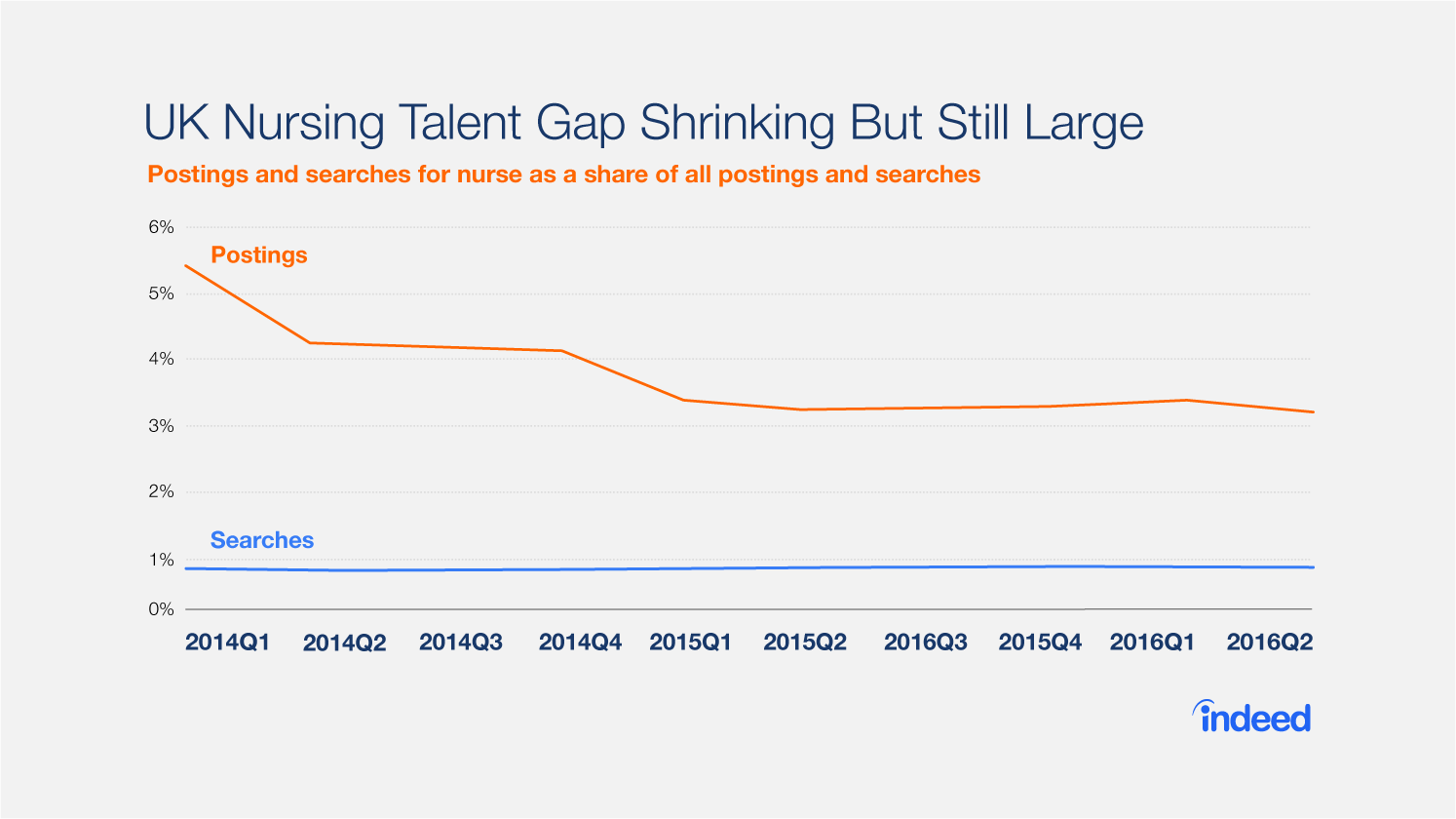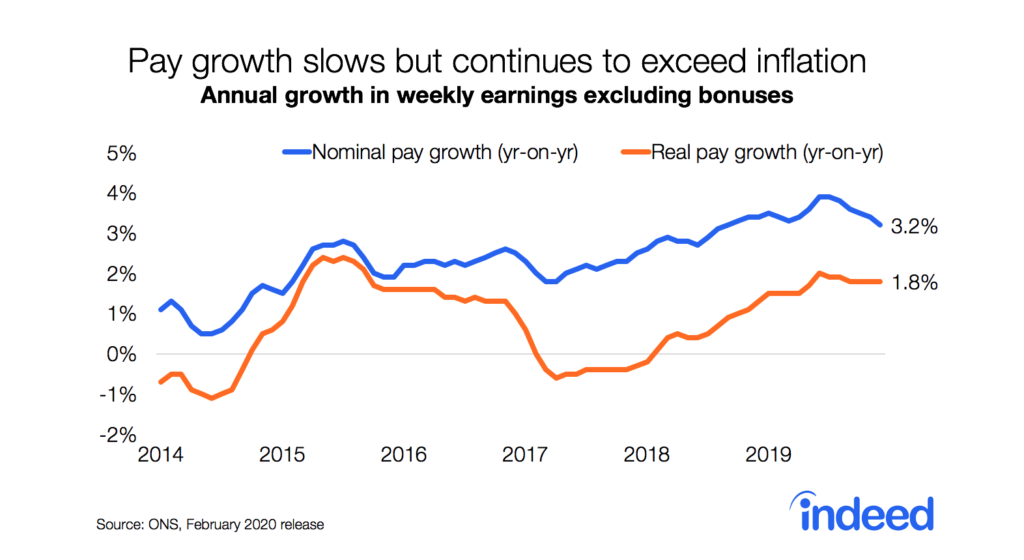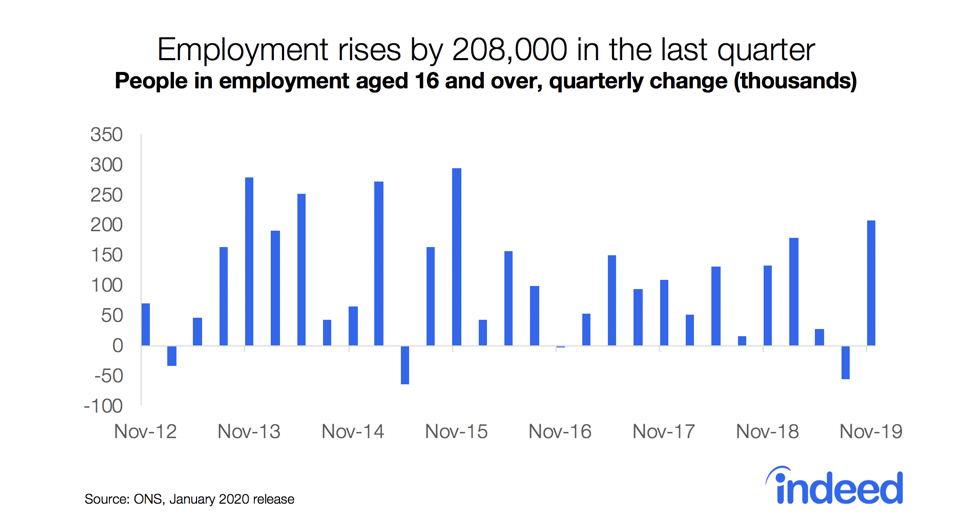After a debate that has raged for months, the United Kingdom will hold a referendum on June 23rd to decide whether to stay inside the European Union or opt for a “Brexit” and leave. And while there are many disagreements between the “remain” and “leave” camps, both sides agree on one thing at least: The stakes are high.
How high? Remain campaigners warn that a vote to leave will negatively impact currency, growth, trade, jobs and perhaps even peace within Europe. Leave campaigners describe these predictions as “Project Fear” and argue that the UK needs to liberate itself from EU bureaucracy to regain control of its sovereignty, its policy and its borders. Meanwhile, global institutions such as the World Bank warn about repercussions to the global economy.
The question of borders is central to understanding the referendum. The EU’s policy of freedom of movement means that anyone can live and work in another country within the bloc—a fact which is hugely controversial in the UK. Some leave campaigners argue that the policy leads to mass immigration, placing a strain on resources and driving down wages; others say that Britain needs immigrants but should be free to decide where it takes them from. Remain campaigners argue that immigrants do the jobs UK workers don’t want to do, and bring creativity and dynamism to the economy.
International job search data from Indeed can shed some light on the critical question of immigration and its impact on the labor market. Let’s take a closer look at some of the numbers.
How attractive is the UK to EU job seekers?
Foreign job searches are a measure of job seeker intent, and the EU’s policy of open borders means that this intent can easily be—and regularly is—translated into actual moves. Meanwhile, when we look at Indeed search data on the original EU15 member countries we see that the UK is the recipient of a huge amount of job seeker intent.
[table id=47 /]
In fact, as the table shows there really is no contest between the UK and any other EU15 country. The UK is by far the most attractive country to EU15 job seekers, winning 37.2% of all search traffic. That’s more than the next three countries combined.
Even the economic powerhouse of Germany attracts less than a third of the UK’s search traffic, while 12 countries don’t even reach single digits and one-fifth doesn’t even attract a full percentage point of search.
So clearly EU interest in working in the UK is strong—but what about UK interest in working in the EU?
How attractive is the EU to UK job seekers?
In fact, as search patterns show us, UK job seekers just “aren’t that into” the EU15. The imbalance between European job seeker interest in the UK and UK job seeker interest in Europe is so great that the word “unrequited” seems appropriate—Britain places dead last on the list for searches in other EU15 countries.
[table id=48 /]
Of all job search originating in the UK and looking outside, only 15.3% is aimed at the EU15. Germany by contrast, which lands second to the bottom, sends out more than twice as much foreign job search within EU15 borders. When it comes to where UK job seekers are looking for work, more job search is directed to the United States than to all the EU15 countries combined, despite the added hurdles of visas and residence permits.
This may not represent skepticism about the EU, however. Linguistic and cultural ties impact job search in other countries. Germany sends more search traffic to Switzerland (a non-EU country) than it does to any EU country, while Sweden sends more search traffic to Norway, which is likewise outside the EU (although both countries participate in the European Economic Community).
How attractive is the UK to global job seekers?
With search patterns like these, it comes as little surprise that immigration to the UK is high: a net inflow of 330,000 people in 2015, according to the most recent numbers from the Office for National Statistics.
However, EU citizens accounted for only 55% of that total—around 180,000 people in total. And this points to something else: When it comes to migration, EU job seekers are only part of the picture.
Top 20 Global Sources of Job Search in the United Kingdom
[table id=49 /]
Of the top five countries searching inside the UK, only two of them—Ireland and France— are in the EU. Meanwhile, the US (#1) and India (#2) account for 28% of all search that originates abroad—that’s more than the entire EU15 combined.
In fact, the top 20 includes seven Commonwealth countries—India, Australia, South Africa, Canada, Malaysia, Pakistan, and New Zealand—which shows that the UK’s ties with many of its former imperial territories remain strong.
Since 2012 however, British immigration policies have advantaged EU citizens over non-EU citizens. A vote for Brexit would most likely change that, but there would be no shortage of people from countries outside the bloc looking for work in the UK.
What are foreign job seekers searching for?
It’s clear that the UK is a talent magnet. But what do all these foreign job seekers want to do?
When we track the top twenty keywords used by job seekers from the top five sources of foreign talent we find high incidences of keywords such as “care assistant,” “nurse” or “NHS” (referring to the National Health Service, the UK’s publicly funded healthcare system). In addition, we find words related to higher skill jobs such as “marketing,” “project manager” or “software engineer,” as well as other less skilled but currently in-demand roles such as “sales assistant” and “driver.”
However it is the healthcare jobs that are perhaps most interesting. The UK is suffering from a talent shortage in this area and to fill the gap the NHS has turned to foreign talent.

As the chart shows, even though the share of job postings in nursing has declined slightly, a substantial gap persists between postings and interest from job seekers, meaning it’s very hard to hire. Currently, the UK draws heavily on European talent to meet this critical need.
In fact, according to the British Medical Journal, around 25% of the 40,000 registrations for new nurses in the UK in 2015 came from European Economic Area compared to 5% from the rest of the world. Today, 8% of British doctors come from EU countries, which means that a vote to leave would affect around 10,000 doctors currently employed by the NHS.
Of course, nobody knows what would happen to all of these medical workers in the instance of a vote for Brexit, but at the very least their status would become more ambiguous.
What does this mean for employers?
The UK’s popularity as a destination for both EU and international job seekers means that some employers have grown accustomed to relying on international sources of talent to fill their open positions.
Meanwhile with the leave and remain camps so close together in the polls, these employers should start taking the potential consequences of a leave vote very seriously. The crucial question is: How would the UK make up for the steady source of talent currently supplied by EU citizens moving to Britain?






